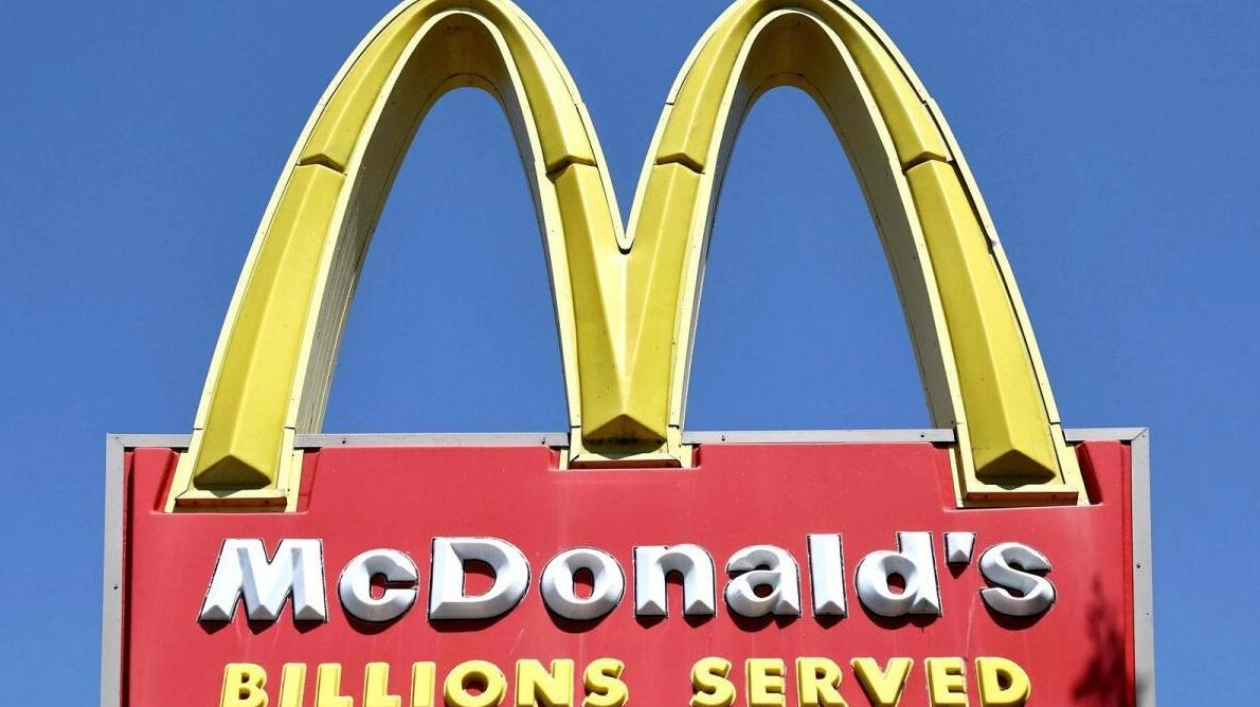McDonald's has announced an unexpected decrease in global sales, marking its first downturn in 13 quarters. The surge in the price of Big Macs has deterred budget-conscious customers from visiting the fast-food leader's establishments. Ongoing inflation has compelled lower-income consumers to opt for cheaper home-cooked meals, prompting fast-food giants like McDonald's, Burger King, Wendy's, and Taco Bell to promote value meals to boost customer traffic.
Global comparable sales dipped by 1% during the second quarter, a stark contrast to the analysts' prediction of a 0.5% rise. Despite this, overall revenue saw a modest increase of 1%. In an effort to attract customers who have reduced their dining-out expenses, McDonald's introduced a $5 meal deal in June across most U.S. locations, extending the offer through August. CEO Chris Kempczinski noted that consumers are now more selective with their spending.
Edward Jones analyst Brian Yarbrough highlighted that the reduction in visits by low-income consumers is significantly outweighing the usual shift to cheaper menu items McDonald's typically experiences during economic downturns. These results align with recent remarks from Coca-Cola CEO James Quincey, who observed a decline in away-from-home consumption in North America.
Despite the challenges, McDonald's maintained its 2024 operating margin forecast in the mid-to-high 40% range. The company's shares, which have fallen by 15% this year, saw a slight increase in premarket trading. McDonald's also kept its capital expenditure budget steady at up to $2.7 billion, with over half allocated for new restaurant openings in the U.S. and international markets.
U.S. comparable sales decreased by 0.7% in the quarter ending June 30, compared to a 10.3% surge a year earlier. International market sales, which account for nearly half of its 2023 revenue, fell by 1.1%, primarily due to a slump in France. The underwhelming recovery in China and the conflict in the Middle East impacted McDonald's performance, with sales in regions operated by local partners declining by 1.3% compared to a 14% increase a year ago. Additionally, consumer boycotts related to the Gaza war have affected sales in the Middle East for companies like McDonald's and Starbucks.
McDonald's reported adjusted earnings per share of $2.97 for the second quarter, falling short of the anticipated $3.07.






